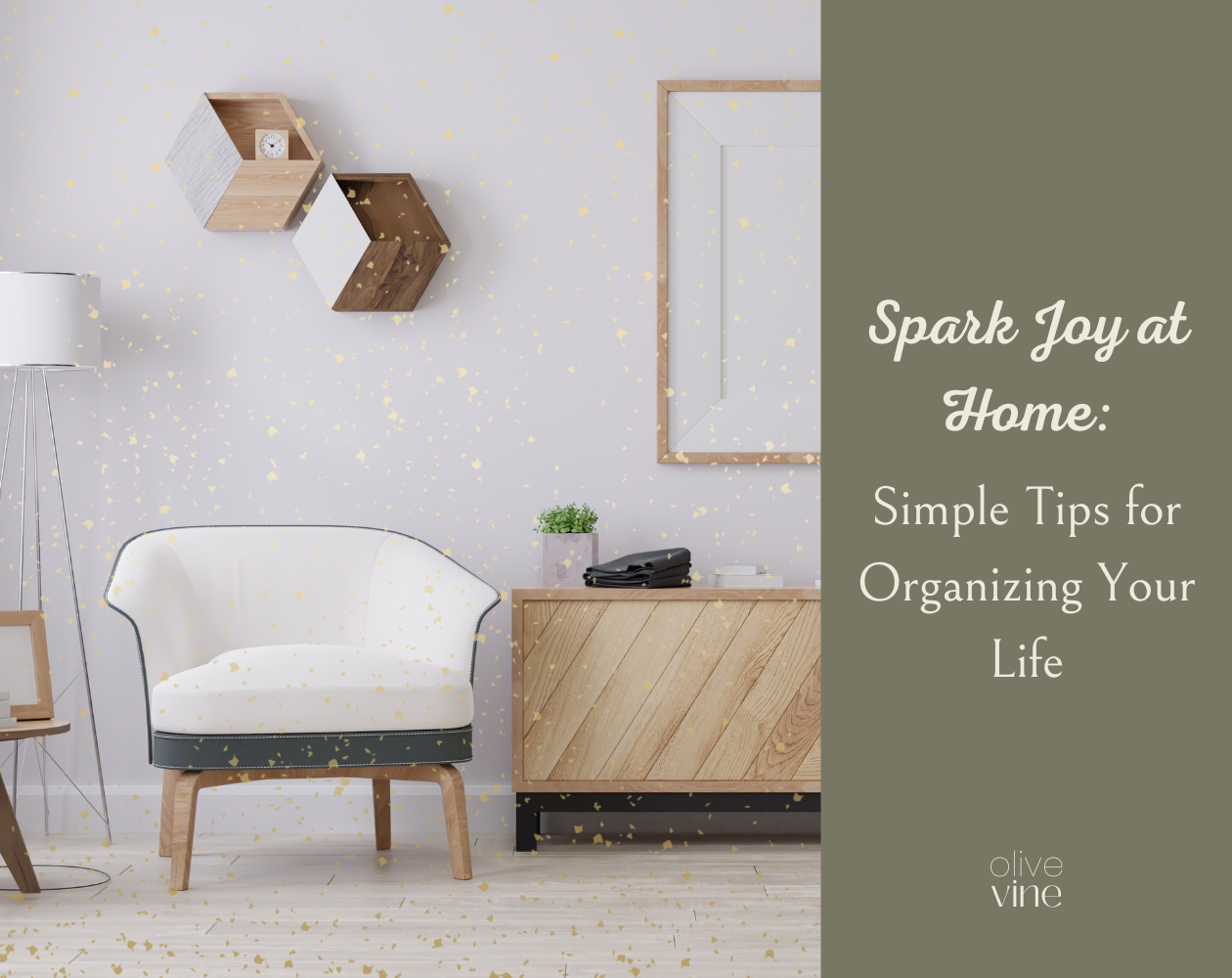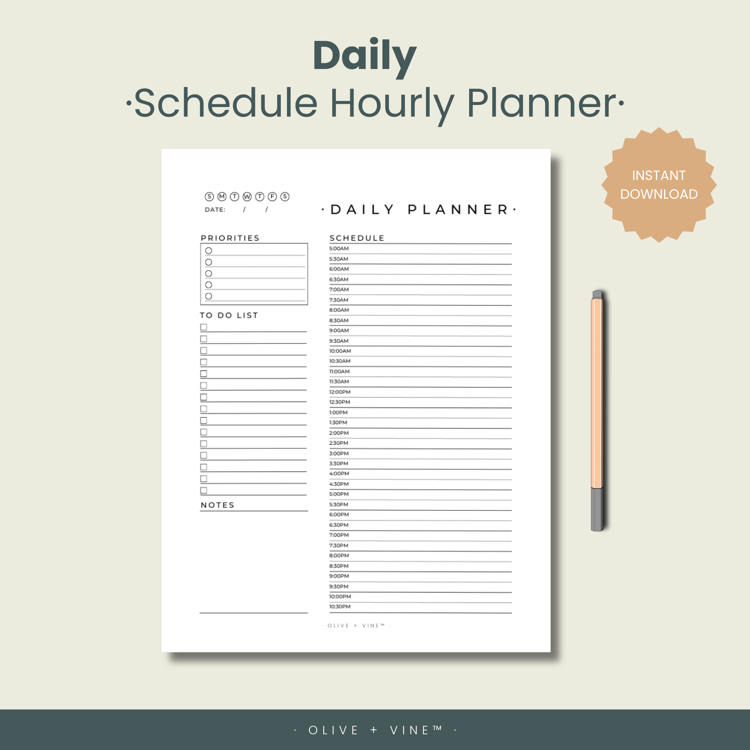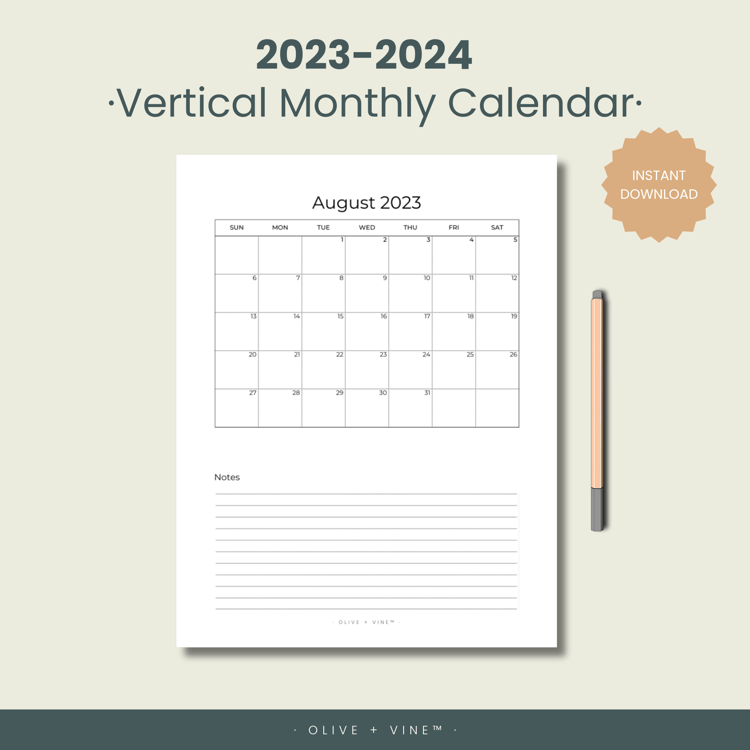Imagine waking up in the morning to the sound of birds chirping outside your window, feeling refreshed and ready to start the day. As you make your way through the house, everything is in its place, and a sense of calm washes over you. You sip your morning coffee in a tidy and serene living space, feeling accomplished and content…
…sounds like a dream, right?
But for many homemakers like yourself, achieving such a state of blissful orderliness may feel like an elusive goal.
The truth is, maintaining a peaceful and organized home is a challenge. And with the daily demands of taking care of your family, managing household chores, and juggling various responsibilities, it's easy to feel overwhelmed and stressed.
But here’s the good news…
There are practical and effective ways to create a harmonious and serene living space, without resorting to quick fixes or shortcuts.
In this article, I’ll explore tried-and-true tips and strategies to help you destress, declutter, and create a peaceful environment that nurtures your well-being.
Let's dive in!
Table of Contents
- Declutter Your Space
- Create a Schedule
- Establish Routines
- Streamline Your Systems
- Practice Self-Care
1. Declutter Your Space
Clutter can easily accumulate in our homes, leading to a sense of disorganization and stress. The sight of piled-up belongings, scattered items, and cramped spaces can weigh heavily on our minds, affecting our overall well-being.
Having a decluttered space fosters peace and tranquility, allowing us to fully enjoy our living spaces and enhance our daily lives.
Try these tips to get started:
- Start small: Begin with one room or even one area of a room at a time. This way, the task won't feel overwhelming, and you can focus on decluttering one space at a time.
- Purge ruthlessly: Be honest with yourself and let go of items that no longer serve a purpose or bring you joy. (I know I can’t be the only one who’s bought an outfit 2 sizes too small as “motivation” to lose weight, only for it to sit in the back of the closet for years crisp, clean… and unworn. I’ve got one word for you – letitgo!) Donate, sell, or discard items that are cluttering your space and taking up valuable real estate in your home.
- Create designated spaces: Assign specific areas for different items, such as a designated spot for keys, shoes, or toys. This will help you keep things organized and easily locate them when needed.
- Use storage solutions: Invest in storage containers, baskets, and shelves to keep your belongings tidy and easily accessible. Label them for added organization and convenience.
To make decluttering easier and more manageable, consider using a cleaning checklist. It will help you stay organized, track your progress, and ensure no area is overlooked. We have a free printable cleaning checklist you can use to help guide you through the process of creating a decluttered, peaceful space.
2. Create a schedule
Creating a schedule is a game-changer! It can transform your days from chaos to calm, from scattered to focused. By carving out pockets of time for each of your priorities, you'll feel a sense of accomplishment as you tackle each task with intention and purpose.
Here are some practical steps to help you create an ideal schedule that works for you:
- Prioritize Your Tasks: Start by setting clear priorities for your tasks and responsibilities. Identify the most important things that need to be accomplished each day or week and rank them in order of importance. This will help you focus on the essential tasks and avoid feeling overwhelmed.
- Block Time for Tasks: Allocate specific time blocks for different tasks and activities in your schedule. Set aside dedicated time for work-related tasks, household chores, self-care, and family activities. Use a planner or calendar to visually map out your day and ensure that you have enough time allocated for each task.
- Be Realistic and Flexible: When creating your schedule, be realistic about the time it takes to complete tasks. Avoid overloading your schedule with too many tasks or setting unrealistic expectations. You don’t need to be Superwoman! Allow for buffer time between tasks to account for unforeseen delays or interruptions. Be flexible and willing to adjust your schedule as needed to accommodate changes in your routine or unexpected events.
3. Establish Routines
I don’t know about you, but the older I get, the more I love routines.
Having a routine is important because it provides the structure needed to develop healthy habits that support our overall well-being. These habits, such as exercising regularly or even remembering to eat a healthy breakfast, become second nature over time and require less mental effort to maintain.
By reducing the need for decision-making, routines can also help us avoid decision fatigue, which occurs when we become overwhelmed by the number of decisions we need to make in a given day.
It might seem mundane, but routines can be powerful tools that help us find balance, focus, and consistency in a world that is often chaotic and unpredictable.
- Embrace simplicity: Begin with simple routines, such as morning and bedtime routines, and gradually build on them to avoid overwhelming yourself.
- Set goals: Determine what you want to achieve with your routines, whether it's improved productivity, better health habits, or a more balanced lifestyle.
- Be flexible: Allow room for adjustments and modifications to your routines as needed to accommodate changes in your schedule or lifestyle.
- Involve the family: Get your family members involved in establishing and following routines to create a sense of teamwork and shared responsibility.
4. Streamline Your Systems
Now that you've got some great routines established, it’s time to take them up a notch. Because it's not just about having routines - it's also about optimizing and simplifying them.
Break your routines down into a streamlined process. This means identifying areas where you can improve efficiency and eliminate distractions. Some strategies might include:
- creating a schedule or to-do list
- delegating tasks
- eliminating non-essential activities
- finding ways to automate or make certain tasks easier
Here are a few of the most common heavy-hitters:
- Meal planning: Plan your meals in advance and create a grocery list accordingly. This will help you save time and money, and ensure that you have all the necessary ingredients on hand when it's time to cook.
- Laundry system: Establish a laundry system that works for your family. This could include designated laundry days, sorting clothes by color or type, and folding and putting away clean laundry promptly.
- Paper management: Create a system for managing papers, such as bills, mail, and important documents. Use folders, labels, or a filing cabinet to keep everything organized and easily accessible.
- Digital organization: Declutter your digital space by organizing your files and folders on your computer, phone, and other devices. Delete unnecessary files and apps, and keep your digital space clean and organized for efficient use.
5. Practice Self-Care
Oh, self! It's all too easy to forget to take care of ourselves in the midst of our busy lives. We get caught up in work, family, and endless to-do lists.
But neglecting our well-being can lead to burnout, anxiety, and other health issues. That's why it's crucial to make self-care a priority, even if it means carving out just a few minutes a day to do something kind for yourself.
- Set boundaries: Learn to say no and set boundaries to avoid overcommitting yourself and feeling overwhelmed. Prioritize self-care activities such as exercise, hobbies, or alone time to recharge and rejuvenate.
- Practice mindfulness: Incorporate mindfulness practices into your daily routine, such as journaling, deep breathing, or prayer. These practices can help you stay present, reduce stress, and increase overall well-being.
- Take breaks: Schedule regular breaks throughout your day to rest, relax, and recharge. Stepping away from your tasks for a few minutes can help you return with renewed focus and productivity.
- Ask for help: Don't be afraid to ask for help when needed! Reach out to friends, family, or a support system for assistance with tasks, emotional support, or simply someone to talk to.
Putting it All in Perspective
Taking care of yourself and your home is an ongoing process. But with these practical tips and strategies, you can create a home that supports your well-being, and enjoy the benefits of reduced stress and increased productivity. Remember, it's a continuous process, so be patient with yourself and celebrate each small win along the way.
So, which tip are you most excited to try first?






Comments ()